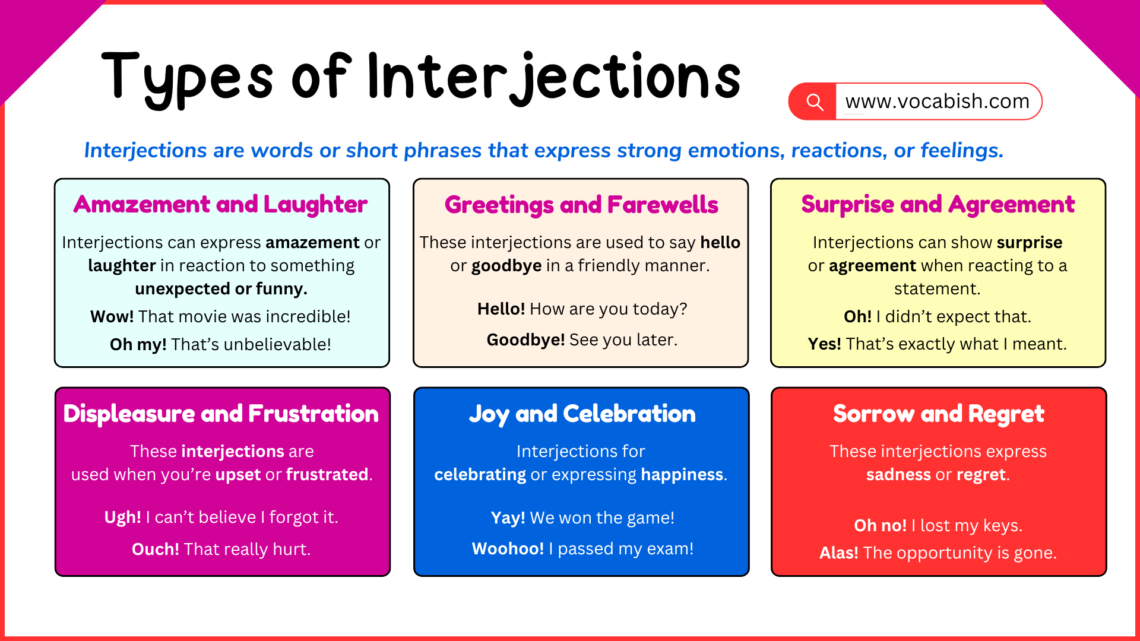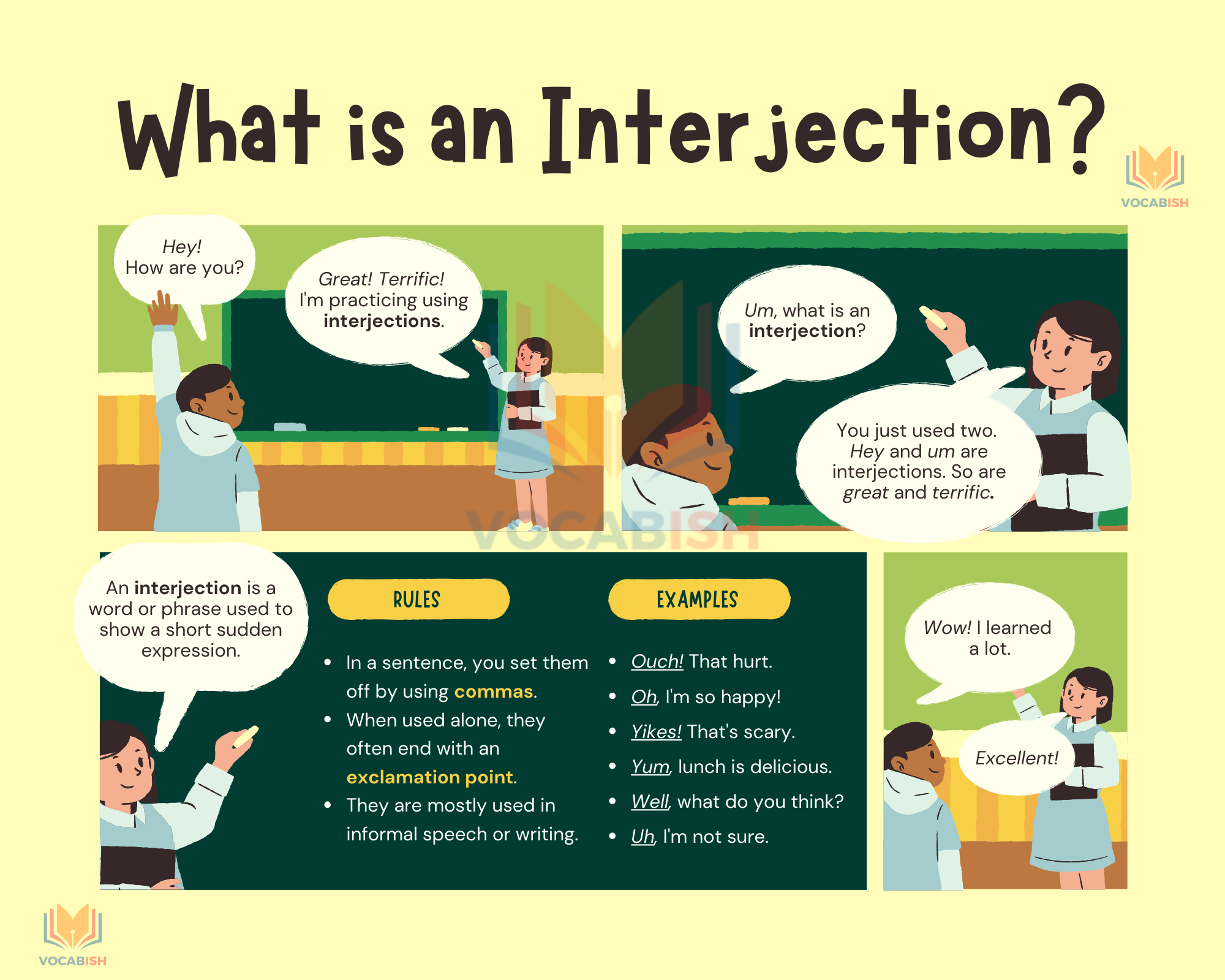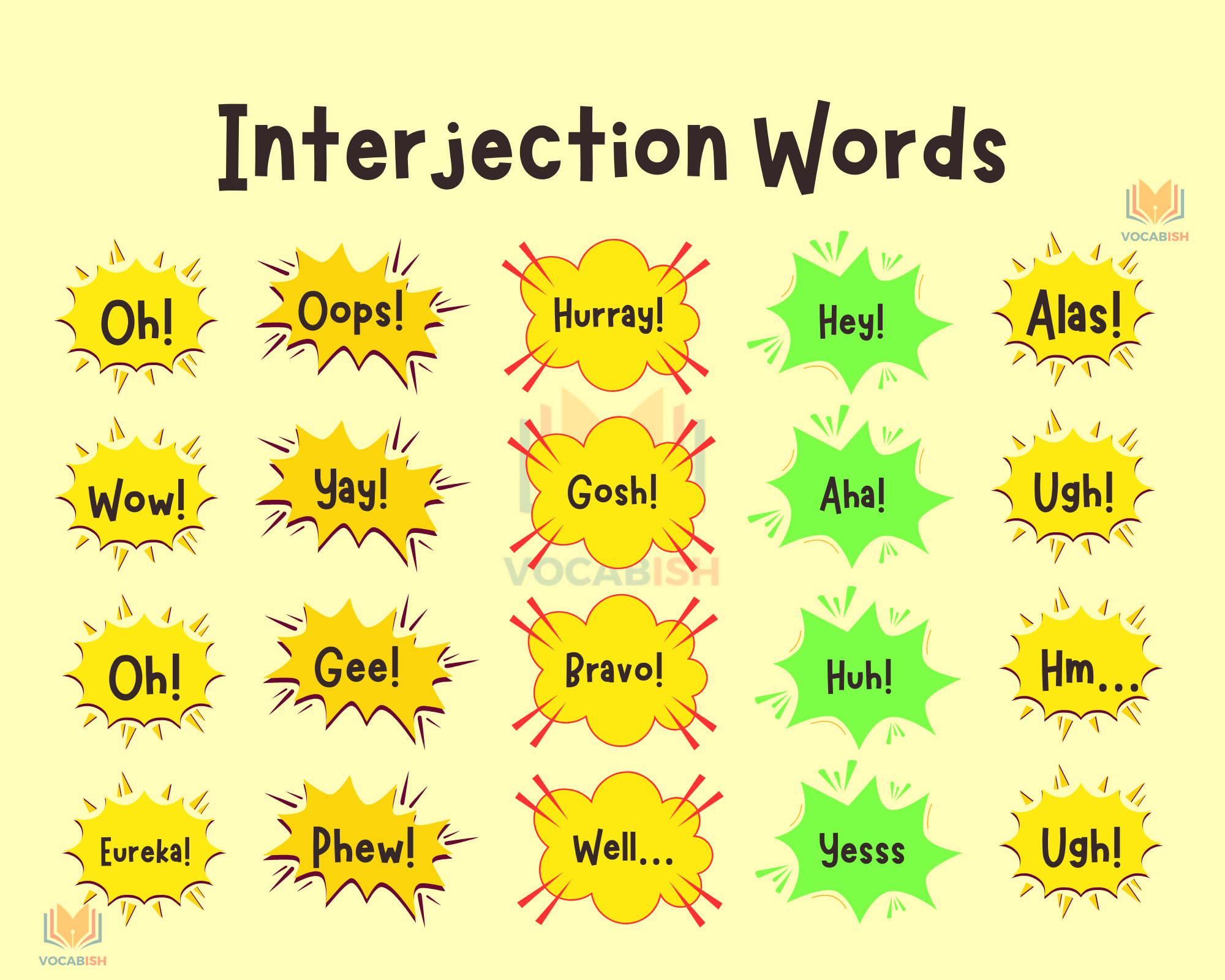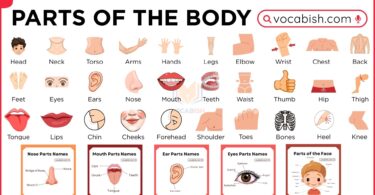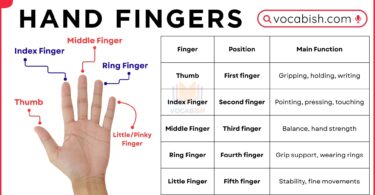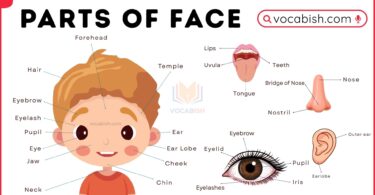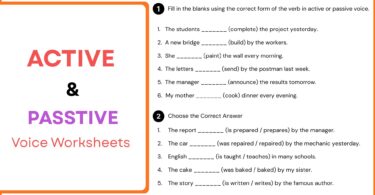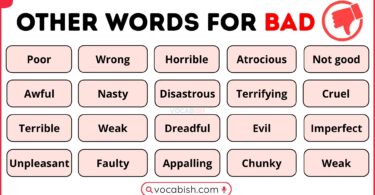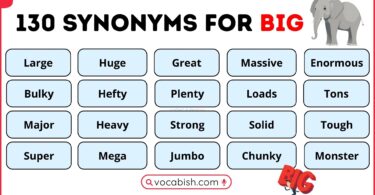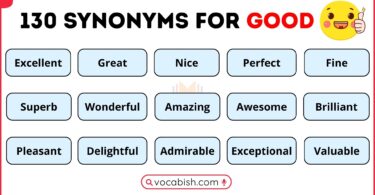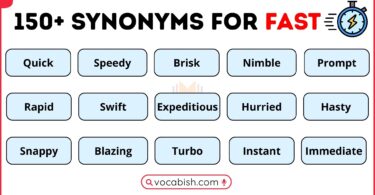In this lesson, we will learn about interjections, an important part of speech in the English language. By understanding interjections, you will be able to recognize these expressions in everyday conversations and use them to make your speech more natural and expressive.
What are Interjections?
Interjections are short words or phrases used to show sudden feelings or emotions. They are not connected to the grammar of a sentence but add strong expressions.
Example:
- Wow! That cake looks delicious.
- Oh no! I forgot my keys.
Key Points about Interjections
- They are emotion words.
- They often end with an exclamation mark (!).
- They can express happiness, sadness, surprise, anger, pain, joy, or greeting.
Types of Interjections
1. Amazement and Laughter
Interjections can express amazement or laughter in reaction to something unexpected or funny.
For example:
- Wow! That movie was incredible!
- Haha! You made me laugh so hard.
- Oh my! That’s unbelievable!
2. Greetings and Farewells
These interjections are used to say hello or goodbye in a friendly manner.
For example:
- Hello! How are you today?
- Goodbye! See you later.
- Hi! It’s nice to meet you.
3. Surprise and Agreement
Interjections can show surprise or agreement when reacting to a statement.
For example:
- Oh! I didn’t expect that.
- Yes! That’s exactly what I meant.
- Wow! You’re right about that.
4. Displeasure and Frustration
These interjections are used when you’re upset or frustrated.
For example:
- Ugh! I can’t believe I forgot it.
- Ouch! That really hurt.
- Argh! This is so frustrating.
5. Joy and Celebration
Interjections for celebrating or expressing happiness.
For example:
- Yay! We won the game!
- Hooray! The holidays are finally here.
- Woohoo! I passed my exam!
6. Sorrow and Regret
These interjections express sadness or regret.
For example:
- Oh no! I lost my keys.
- Alas! The opportunity is gone.
- Sigh! I wish things had been different.
7. Attention and Inquiry
Used to get someone’s attention or ask for more information.
For example:
- Hey! Are you listening to me?
- Hmm? What did you say?
- Psst! I have something to tell you.
Example Sentences of Interjections
Here are the commonly used example sentences of interjections:
- Wow, that’s amazing!
- Oh, I forgot my umbrella.
- Yay, we won the game!
- Hey, how’s it going?
- Ugh, I can’t believe I forgot.
- Bravo, what a performance!
Common Interjection Words
Here’s the list of commonly used interjection words in everyday conversation to express strong emotions, reactions, or feelings.
- Oh!
- Wow!
- Oops!
- Yay!
- Hey!
- Alas!
- Aha!
- Hooray!
- Ugh!
- Bravo!
- Well…
- Gee!
- Gosh!
- Phew!
- Hurray!
- Huh!
- Yikes!
- Yesss!
- Aha!
- Cheers!
- Eureka!
- Uh-oh!
- Hm…
- Aww!
- Hush!
- Yippee!
- Hmm…
- Shh!
- Whew!
- Ooh!
- Ta-da!
- Umm…
- Aargh!
- Eww!
- Ohoo!
- Darn!
- Sigh!
- Huh?
- Mmm…
- No way!
- Well…
- Yeah!
- Nope!
- Ouch!
- Haha!
- Ouch!
- So?
- Yo!
- Shoo!
- Boohoo!
- Hush!
- Oops!
- Ugh!
- Tsk-tsk!
- Duh!
- Grr!
- Yuck!
- Hurrah!
- Ta-ta
- Oh shit!
Interjections Chart
| Type of Interjection | Example Words | Example Sentence |
|---|---|---|
| Joy | Wow!, Hurray! | Wow! What a view! |
| Sorrow | Alas!, Oh no! | Alas! He lost again. |
| Surprise | Oh!, What! | Oh! That’s new. |
| Anger/Disgust | Ugh!, Hey! | Ugh! Go away. |
| Greetings | Hello!, Hi! | Hi! Good morning. |
| Pain | Ouch!, Ah! | Ouch! That’s sharp. |
FAQs about Interjections
What is an interjection in English grammar?
An interjection is a short word or phrase that shows sudden feelings or emotions, such as wow, oh, ouch, hey.
What are some common examples of interjections?
Common interjections are Wow!, Oh!, Alas!, Hey!, Ouch!, Hurray! and Hi!
How many types of interjections are there?
There are six main types of interjections: joy, sorrow, surprise, anger/disgust, greeting, and pain.
Do interjections always end with an exclamation mark?
Most interjections end with an exclamation mark to show strong emotion, but sometimes they may end with a comma for mild feeling.
Why are interjections important in English?
Interjections make speech and writing more natural, lively, and expressive by showing emotions directly.
Read More

